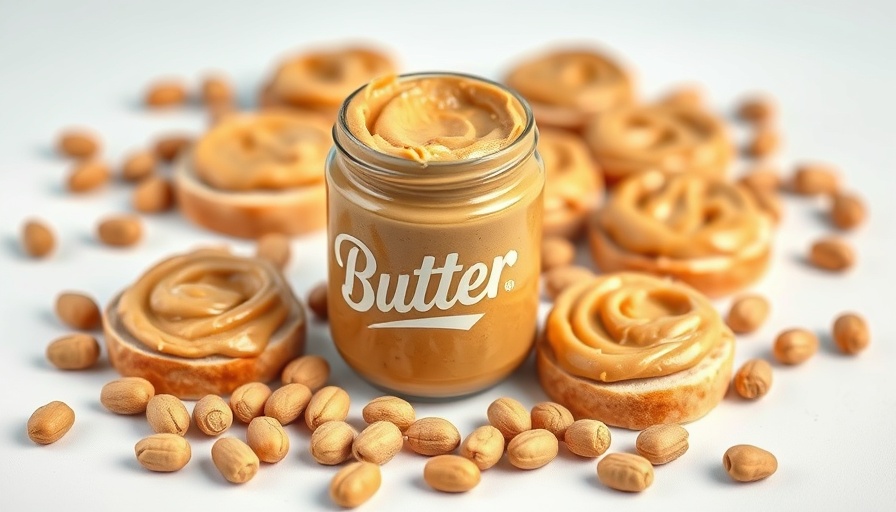
The Unique Flavor of Mambá: A Cultural Delight
If you run a Dominican restaurant or plan to showcase Dominican cuisine, knowing about mambá can enhance your offerings. This unique peanut butter, enjoyed by many as a savory, spicy spread, is both simple to make and rich in cultural significance. Unlike the sweet version found in most grocery aisles, mambá appeals to adventurous eaters looking for a new twist on a familiar ingredient.
Mambá's Roots: A Taste of History
While the origins of mambá are not definitively documented, linguistic connections have been made to the African word for peanut, 'muamba,' hinting at its historic journey through the African diaspora. Traditionally paired with casabe, a cassava bread, mambá carries the weight of history on its flavorful canvas. This dish not only offers a delicious taste but also connects diners to the vibrant history and cultures of the Dominican Republic.
How to Serve Mambá: Versatile Pairings
Mambá can be enjoyed in a variety of ways, making it an excellent addition to your restaurant's menu. Try serving it with fresh casabe or as a spread on rustic bread or toasted pita. Consider offering mambá in a tasting platter featuring other Dominican treats or elevating it as a gourmet dip alongside vegetable chips. This flexibility allows it to fit seamlessly into casual dining or upscale culinary experiences.
Making Mambá: A Simple and Natural Recipe
What makes mambá particularly appealing to modern diners is its use of natural ingredients without artificial preservatives. To prepare this delectable spread, use peanuts, a splash of oil, and your choice of spices - including the option to add Scotch bonnet peppers for an exciting kick. This can be a refreshing addition to many menu items, catering to the growing demand for natural and healthier food options.
Why Mambá is Worth Adding to Your Menu
As a restorative element of communal meals and family gatherings, mambá carries emotional weight for many Dominicans. This spread offers restaurant owners the chance to share not just a dish, but a love letter to culture and history. Promoting mambá in your restaurant can attract a curious audience eager to explore authentic flavors and experiences.
 Add Row
Add Row  Add
Add 




Write A Comment